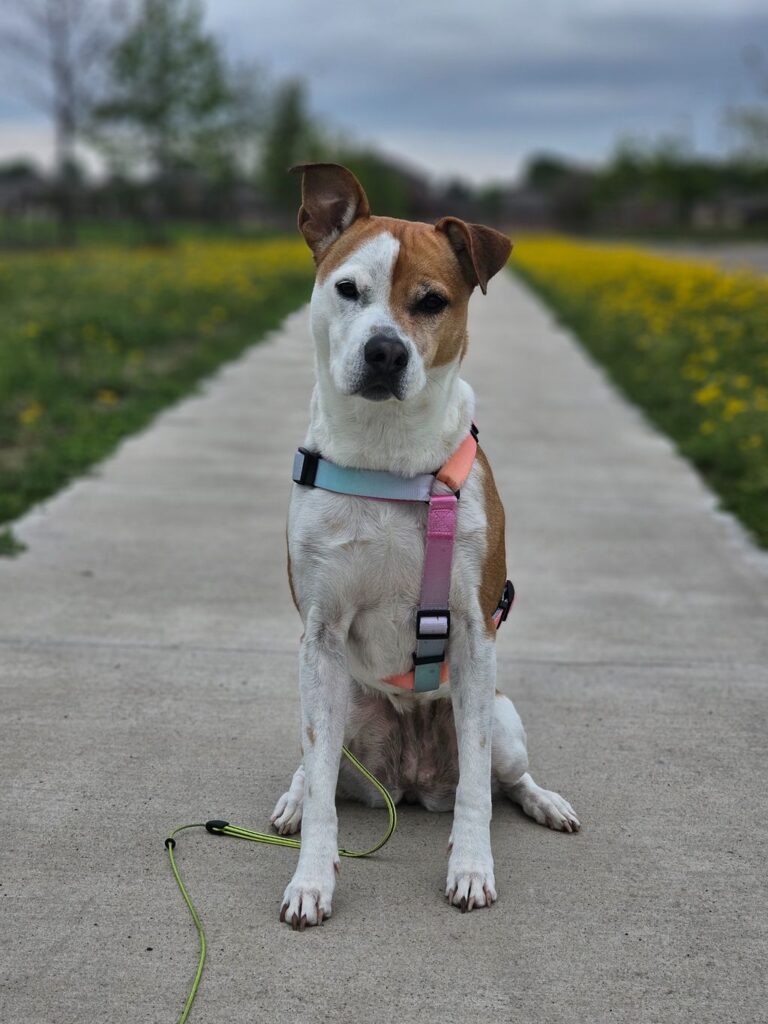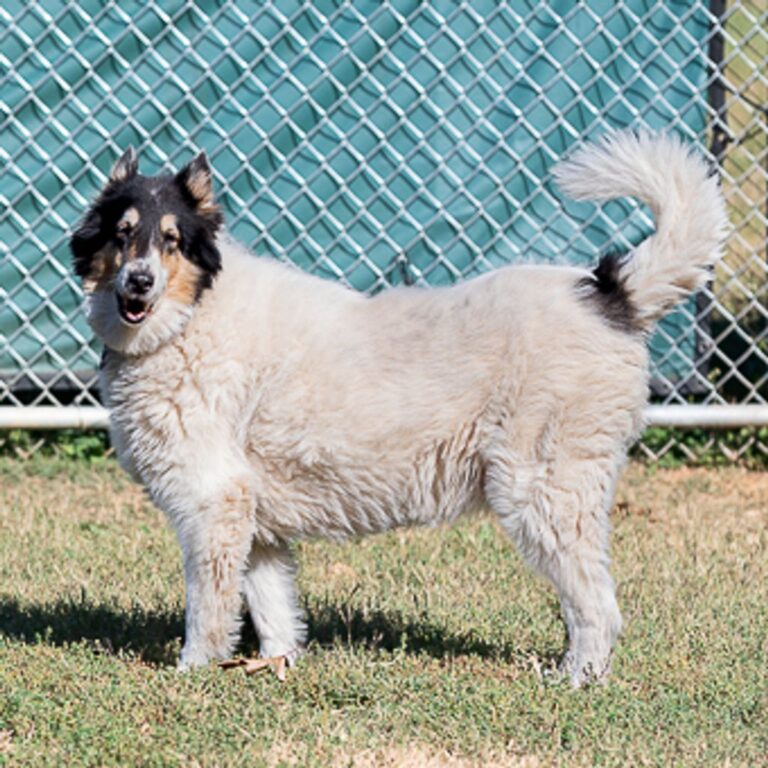Why Is My Dog Acting Differently? Identifying Changes in Your Dog’s Behavior
As a dog owner, you may have noticed that your furry friend is acting differently. It can be concerning and leave you wondering what might be causing these changes in behavior. In this article, we will explore the various factors that can contribute to your dog’s behavioral changes. By understanding the reasons behind these changes, you can better address any issues and ensure the well-being of your beloved pet.
Key Takeaways
- Behavioral changes in dogs can be caused by various factors, including physical health issues, environmental changes, and disruptions in routine.
- Common triggers for behavioral changes in dogs include stress, anxiety, fear, and illness.
- Signs that your dog might be stressed or anxious include excessive barking, pacing, aggression, and changes in appetite or sleep patterns.
- Physical health problems, such as pain or illness, can significantly impact your dog’s behavior.
- Common health issues that can cause behavioral changes in dogs include arthritis, dental problems, and urinary tract infections.
Is Something Bothering Your Pooch?

Understanding the Reasons Behind Your Dog’s Behavior Changes
When our furry friends start acting differently, it can be a cause for concern. We love our dogs and want to make sure they’re happy and healthy. But sometimes, it’s not easy to figure out what’s going on. There could be various reasons behind these behavior changes, and it’s important for us to understand them.
Common Triggers for Behavioral Changes in Dogs
When it comes to understanding why our furry friends may be acting differently, there are a few common triggers that we should be aware of. One of these triggers is pain. Just like humans, dogs can experience physical discomfort that can lead to changes in their behavior. It’s important to pay attention to any signs of pain that your dog may be exhibiting, such as limping, whining, or a decrease in appetite. If you suspect that your dog is in pain, it’s best to consult with your veterinarian to determine the cause and appropriate treatment.
Signs That Your Dog Might Be Stressed or Anxious
When our furry friends are feeling stressed or anxious, they may exhibit a range of behaviors that indicate their discomfort. It’s important for us as pet owners to be able to recognize these signs and take appropriate action. One common sign that our dog might be stressed or anxious is not being able to sit. If you notice that your dog is constantly pacing or unable to settle down, it could be a sign that something is bothering them. It’s important to address the underlying cause of their stress or anxiety to help them feel more at ease.
Physical Health Issues to Consider

How Physical Health Problems Can Affect Your Dog’s Behavior
When it comes to our furry friends, their physical health plays a crucial role in their overall behavior. Instinct is a key factor that can be affected by various health issues. Whether it’s a minor ailment or a more serious condition, any discomfort or pain can significantly impact how your dog behaves. It’s important to pay attention to any changes in their behavior as it could be a sign of an underlying health problem. If you notice your dog acting differently, it’s essential to consider their physical well-being as a potential cause.
Common Health Issues That Can Cause Behavioral Changes
When it comes to our furry friends, it’s important to be aware of the common health issues that can cause behavioral changes. Identifying the underlying cause of these changes is crucial in order to provide the right care and support for our dogs. Sometimes, it may not be immediately obvious what is causing the change in behavior, but with a little detective work, we can often uncover the root of the problem.
When to Seek Veterinary Assistance
If you notice any sudden or drastic changes in your dog’s behavior, it’s important to seek veterinary assistance. Our furry friends can’t tell us when something is wrong, so it’s up to us to be vigilant and proactive in ensuring their well-being. Playing with other dogs is a normal and healthy behavior for most dogs, but if your dog suddenly loses interest in playing or becomes aggressive towards other dogs, it could be a sign of an underlying issue. It’s always better to be safe than sorry, so don’t hesitate to reach out to your veterinarian if you have any concerns.
Environmental Factors and Their Impact

The Role of the Environment in Shaping Your Dog’s Behavior
When it comes to our furry friends, the environment plays a crucial role in shaping their behavior. Our dogs are highly sensitive creatures, and even small changes in their surroundings can have a big impact on their mood and demeanor. It’s important for us as pet owners to create a calm and comfortable environment for our dogs, where they can feel safe and secure. This means paying attention to the little details, like the temperature, lighting, and noise levels in our homes. By making these adjustments, we can help our dogs feel more at ease and reduce any stress or anxiety they may be experiencing.
Changes in the Household That Can Affect Your Dog’s Behavior
When it comes to our furry friends, even small changes in the household can have a big impact on their behavior. Dogs are creatures of habit, and any disruption to their familiar environment can cause them to act differently. Whether it’s a new family member, a change in living arrangements, or even rearranging the furniture, these changes can be stressful for our dogs. It’s important for us to understand how these changes can affect them and take steps to help them adjust.
How to Create a Calm and Comfortable Environment for Your Dog
Creating a calm and comfortable environment for our furry friends is essential for their well-being. Dogs thrive in a peaceful and relaxed atmosphere, and it’s our responsibility as pet owners to provide them with a safe and nurturing space. Here are some tips to help you create a serene environment for your dog:
Changes in Routine and Their Effects

The Importance of Routine for Your Dog’s Well-being
Maintaining a consistent routine is crucial for our furry friends. Dogs thrive on predictability and structure, and any changes to their daily routine can have a significant impact on their well-being. Aging dogs in particular can be more sensitive to disruptions in their routine, as they may have specific needs and preferences that require careful attention. By sticking to a regular schedule, we can provide a sense of stability and security for our aging canine companions.
How Changes in Routine Can Disrupt Your Dog’s Behavior
When it comes to our furry friends, routine is key. Dogs thrive on predictability and structure, so any changes to their daily routine can have a big impact on their behavior. Whether it’s a sudden change in feeding schedule or a shift in their exercise routine, disruptions to their established routine can leave them feeling unsettled and anxious. As pet owners, it’s important for us to understand how these changes can affect our dogs and take steps to minimize any negative effects.
Tips for Maintaining a Consistent Routine
When it comes to keeping your dog’s behavior on track, consistency is key. We’ve found that sticking to a regular routine helps our furry friends feel secure and confident. It’s important to remember that dogs thrive on predictability, so any changes to their daily schedule can lead to confusion and stress. By following these simple tips, you can ensure that your dog’s routine stays consistent and their behavior remains stable.
In Conclusion
Understanding why your dog is acting differently is important for their well-being. Changes in behavior can be caused by various factors such as stress, health issues, environmental changes, and disruptions in routine. It is crucial to pay attention to your dog’s behavior and seek veterinary assistance if needed. Creating a calm and comfortable environment and maintaining a consistent routine can help alleviate behavioral changes. Remember, your furry friend relies on you to provide the love and care they need.
Frequently Asked Questions
Why is my dog suddenly aggressive?
There are several possible reasons for sudden aggression in dogs, including fear, pain, territoriality, or a medical condition. It’s important to consult with a professional to determine the underlying cause and develop a plan to address the aggression.
Why is my dog suddenly lethargic?
Sudden lethargy in dogs can be a sign of an underlying health issue, such as an infection, injury, or illness. It’s best to consult with a veterinarian to rule out any medical causes and provide appropriate treatment.
Why is my dog not eating?
Loss of appetite in dogs can be caused by various factors, including illness, dental problems, stress, or changes in the environment. If your dog is not eating for more than a day or two, it’s recommended to consult with a veterinarian.
Why is my dog suddenly afraid of certain objects?
Sudden fear or phobia towards certain objects in dogs can be triggered by a traumatic experience, lack of exposure during the socialization period, or a genetic predisposition. Consult with a professional to address the fear and help your dog overcome it.
Why is my dog suddenly urinating in the house?
Sudden urination in the house can be a sign of a medical issue, such as a urinary tract infection or bladder problem. It can also be caused by anxiety, changes in routine, or marking behavior. Consult with a veterinarian to determine the underlying cause and develop a plan to address the issue.
Why is my dog suddenly barking excessively?
Excessive barking in dogs can be triggered by various factors, including boredom, anxiety, fear, or territoriality. It’s important to identify the underlying cause and provide appropriate training and enrichment to address the excessive barking.







2 Comments